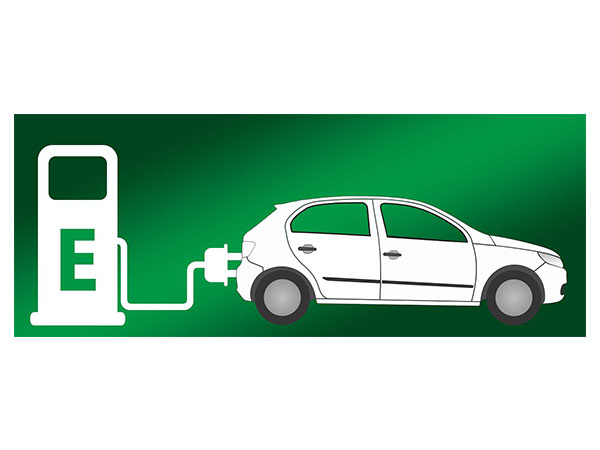Automakers Face Uphill Battle in Transition to Electric Vehicles, Bernstein Report Reveals
Automakers are struggling to generate profitable margins and scale in the electric vehicle (EV) sector, despite significant financial incentives, a Bernstein report reveals. The report highlights the competitive landscape, pointing to challenges faced by traditional automakers and niche startups in the EV market.

- Country:
- India
Automakers are grappling with the challenging transition to electric vehicles (EVs), raising concerns about profitability and scalability despite substantial financial incentives, a research report by Bernstein reveals.
The report underlined that even with considerable incentives, the EV industry remains unprofitable for many traditional automakers. Quoting the Bernstein report, 'It is tough to generate sufficient margins and get scale in EVs. Even with hefty incentives, incumbent OEMs are still unprofitable.' The competition in the EV space will primarily be among established OEMs, with niche startups playing a limited role, the report noted.
In India, Bajaj Auto and TVS Motors are on a similar footing in the EV sector, while Hero MotoCorp lags behind, according to Bernstein. Eicher Motors is expected to be sub-scale and less relevant upon its entry into the market. Bajaj Auto received an 'Outperform' rating due to lower valuations, while TVS, Hero, and Eicher were rated 'Market Perform.' Ola Electric achieved positive operating earnings from its premium models but faces losses on mass-market models.
Despite generating gross profit margins without subsidies, companies like TVS and Bajaj Auto still incur significant EBITDA losses. The report further highlighted the EV industry's reliance on government incentives and subsidies, estimating annual revenues at USD 1.3 billion but EBIT losses of USD 300-400 million without these incentives.
In conclusion, the Bernstein report stated that only dominant startups might achieve mainstream success, while traditional automakers will continue to vie for market share in the evolving EV landscape.
(With inputs from agencies.)










